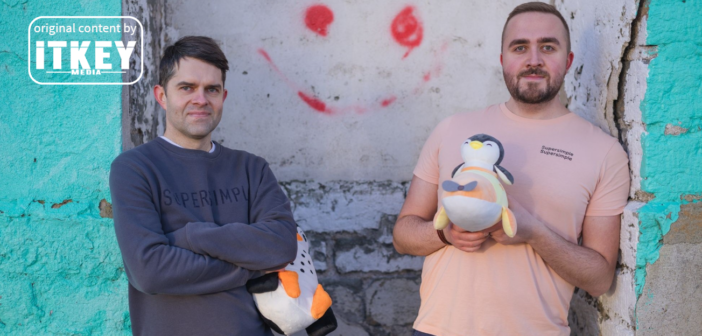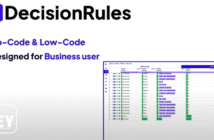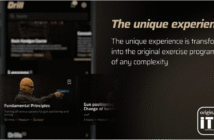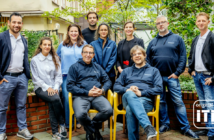- Tallinn-based AI startup Supersimple attracted EUR 2M or Pre-Seed investment
- The platform employs a set of tools to provide answers to custom data queries in a no-code mode
- The new funds will be used on expanding the client base, as well as product development
This April, Supersimple – the Estonian AI-powered data management platform – raised a Pre-Seed round of EUR 2M. The lead investor of the round is the famous Estonian fund Tera Ventures (invested in Avokaado, for example), joined by Specialist VC (invested in Flowstep, among others) and Tiny VC. A group of angel investors also participated, including Indrek Kasela of PRFoods, Ott Kaukver of Checkout.com, Märt Kelder of Sixfold, and Alvar Lumberg of Grünfin.
Hailing from Sixfold

Marko Klopets, Co-Founder and CEO at Supersimple
Supersimple’s co-founder and CTO Priit Haamer co-founded Sixfold where co-founder and CEO Marko Klopets also worked. Most of the startup’s machine learning engineering team hails from Sixfold. The team includes software developers, data scientists, and product designers with proven track records building deeply adopted technologies.
Supersimple was born in 2021, and Mr Klopets recalls that it resulted from many different experiences over the years: building both internal and customer-facing data tools, as well as working with data to understand customer behavior and business performance.
‘The one thing that kept coming up time and time again was that it was ridiculously hard to get answers to non-trivial data questions for business-facing roles, and this in turn made the engineering and data teams spend a lot of time just to serve these internal requests. We started Supersimple to help anyone answer ad-hoc data questions in minutes,’ the CEO tells ITKeyMedia.
Answers to Ad-Hoc Questions
Supersimple’s AI-native data analytics platform combines a semantic data modeling layer and explainable AI to give users reliable, consistent data to power their day-to-day work. The platform was tailored for B2B SaaS teams to answer their ad-hoc data questions, letting even non-technical team members go far beyond pre-built dashboards to get to data insights and make better decisions.
‘Historically, only very technical people were able to really work with data, and everyone else was forced to ask the data team for help every time they needed to find something out. This meant answering questions was slow, rarely happened, and at the same time took up most of the data team’s time,’ Mr Klopets explains.
Supersimple, on the other hand, helps anyone answer complex data questions in minutes, without having to write code or SQL queries. The platform doesn’t have a single AI, but instead has many different specialized AI models in the product, ranging from traditional, custom-trained machine learning approaches to large language models (LLMs). According to Mr Klopets, some of these models have been trained from scratch while others were built on top of existing language models like OpenAI’s GPT and Meta’s Llama by fine-tuning the models with the proprietary training data set.
To Make the Best of the Abundant Data

Eamonn Carey, General Partner at Tera Ventures
‘Over the last few years, data warehouses have become ubiquitous and data stacks are better than ever. Yet companies are still struggling to actually make use of their data. When I heard Marko explain his vision and I saw the platform in action, it became crystal clear that this is what the future would look like,’ Tera Ventures’ partner Eamonn Carey shares.
Indeed, present-day data stacks are better than ever before, but organizations are still barely touching the possibilities of getting the right information to the right address. Recent advances in data warehouses and machine learning (including large language models) made it possible to build entirely new user experiences to detect and explain valuable data insights, and to let users explore any follow-up questions. In this situation, the most successful companies will make the fullest use of their data as their competitive edge, to make better decisions and to drive efficiency.
‘Most of the value in data doesn’t come from staring at a dashboard. Instead, it comes from deep, specific questions – testing hypotheses, exploring and iterating. Making structured data from data warehouses accessible and usable is the first step towards Supersimple becoming the operating system of the fastest growing companies,’ Mr Klopets adds.
According to the startup, most of the raised funds will be used to onboard these companies and expand the clientele. It will also help Supersimple continuously advance its explainable AI.

Kostiantyn is a freelance writer from Crimea but based in Lviv. He loves writing about IT and high tech because those topics are always upbeat and he’s an inherent optimist!





